Wounds Canada is excited to offer our National Hybrid Conference at the RBC Place in London, Ontario this year from October 17-19, 2024. Three days with multiple streams of wound care education are offered for in-person attendees while three days of the plenary sessions of wound care education will be available for virtual attendees.
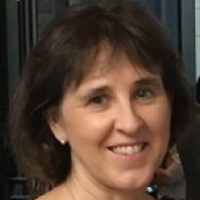
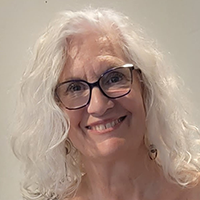
Wounds Canada's National Hybrid Conference is the largest wound-related event in Canada, bringing together health-care professionals, educators and key opinion leaders for both in person and in a virtual gathering. This continuing education event is designed to support health-care professionals who work with patients with wounds or who are at risk for developing wounds.
Click the buttons below to learn about the available registration packages. All fees are in Canadian dollars and are subject to 13% HST.
Become a Wounds Canada member today and save more on your conference fees!
Virtual Conference Registration
In-person London Conference Registration
Hotel Accommodations

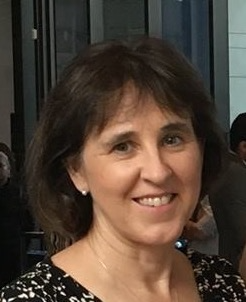 Robyn Evans, BSc MD CCFP FCFP
Robyn Evans, BSc MD CCFP FCFP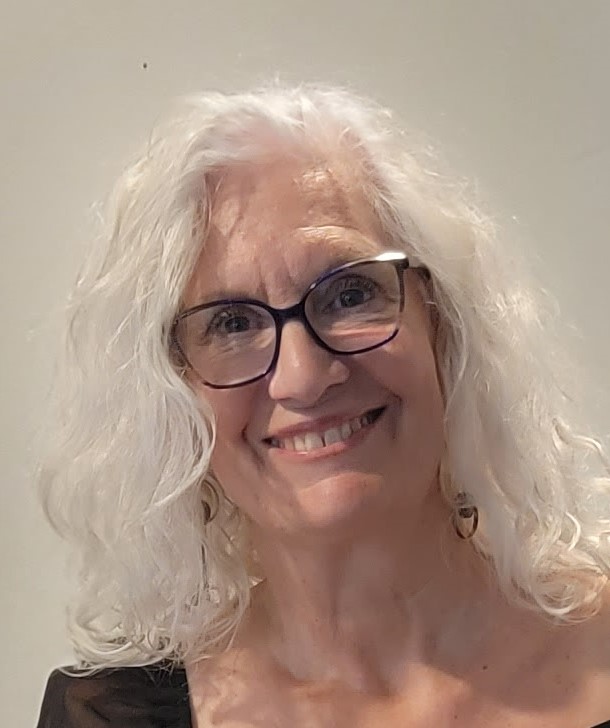 Anne Shantz, RN BScN MClScWH NSWOC
Anne Shantz, RN BScN MClScWH NSWOC Douglas Queen, BSc PhD MBA
Douglas Queen, BSc PhD MBA Michael Stacey, MBBS Doctor of Surgery FRACS
Michael Stacey, MBBS Doctor of Surgery FRACSLearning Objectives I At the end of this session participants will be able to:
● Indicate the extent to which wounds are a global issue and why
● Contrast the similarities and differences of wounds across different jurisdictions worldwide
● Discuss common barriers and opportunities to advancing prevention, assessment and management of wounds from a global perspective
● Describe key practice, policy, education and research implications of the global nature of the wound care crisis
 October 17, 2024 16:55
October 17, 2024 16:55 Mariam Botros, DCh DE IIWCC MEd
Mariam Botros, DCh DE IIWCC MEd Darian Cheng, RN PhD
Darian Cheng, RN PhDParticipants will learn about the purpose, scope, key recommendation areas covered in the guideline and the expert panel involved in the guideline development process.
Learning Objectives I At the end of this session, participants will be able to:
 October 17, 2024 17:15
October 17, 2024 17:15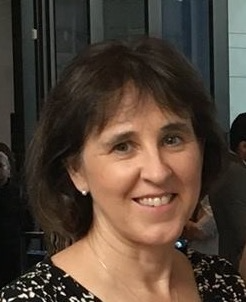 Robyn Evans, BSc MD CCFP FCFP
Robyn Evans, BSc MD CCFP FCFP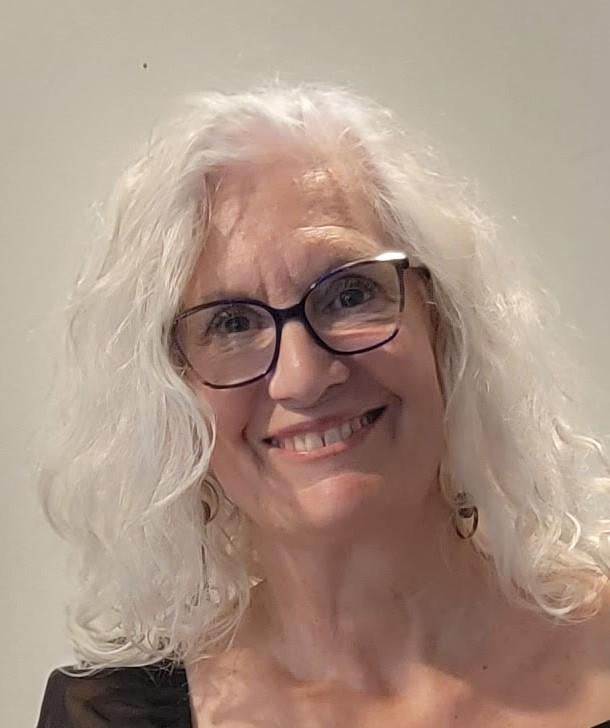 Anne Shantz, RN BScN MClScWH NSWOC
Anne Shantz, RN BScN MClScWH NSWOC Douglas Queen, BSc PhD MBA
Douglas Queen, BSc PhD MBA Michael Stacey, MBBS Doctor of Surgery FRACS
Michael Stacey, MBBS Doctor of Surgery FRACS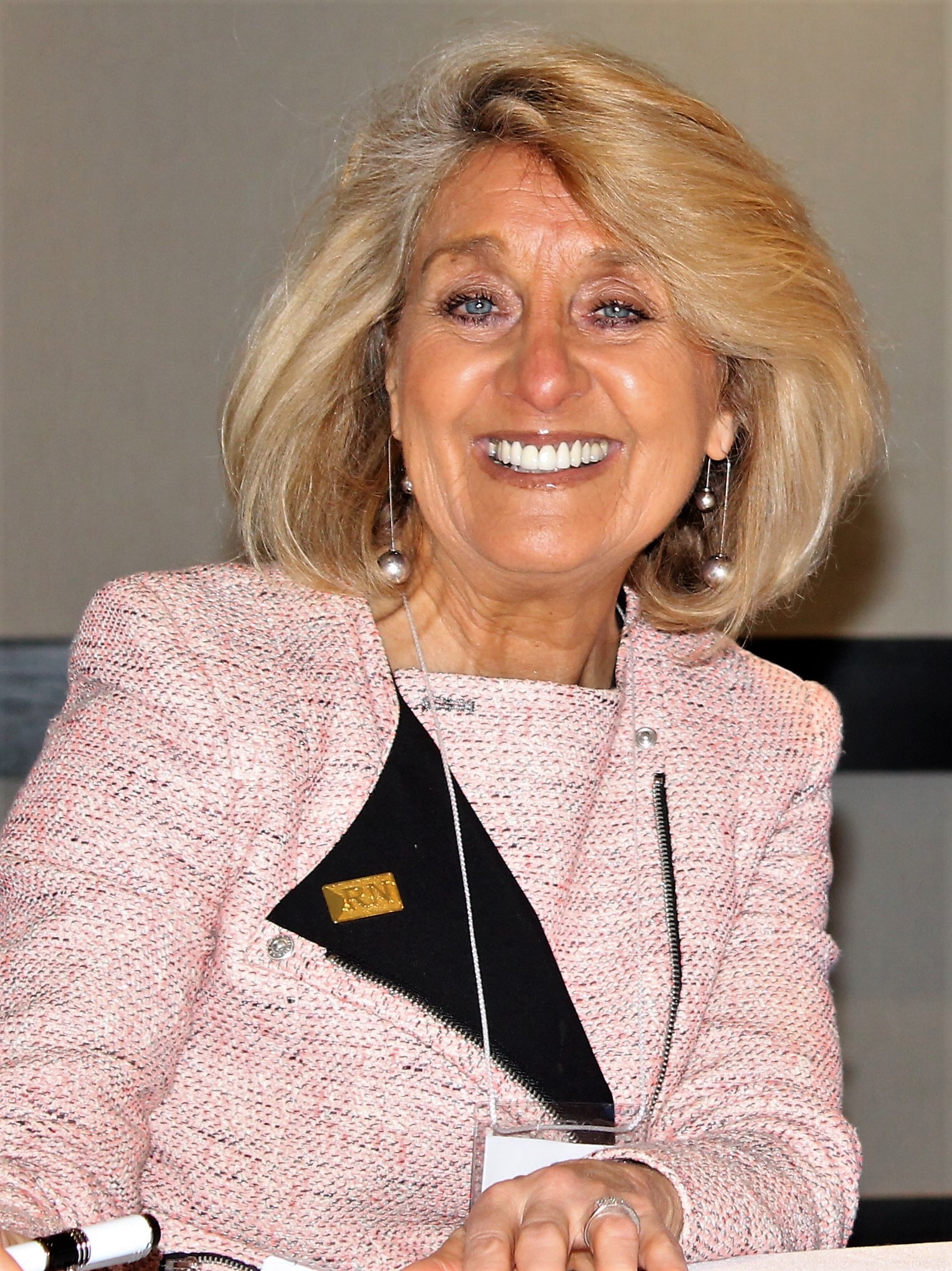 Moderator: Irmajean Bajnok, RN RN MScN PhD FCAN FAAN
Moderator: Irmajean Bajnok, RN RN MScN PhD FCAN FAANTell us about your perspectives on wound care and reflections from the day!
Learning Objectives I At the end of this session, participants will be able to:
● Integrate critical concepts discussed from global and local perspectives to better understand how to advance skin health and wound care excellence
● Debate key perspectives with a view to mobilizing individual and team changes in adopting and sustaining best practices to prevent and manage wounds
● Summarize learnings from the day illustrating knowledge to action related to practice and policy
 October 18, 2024 08:40
October 18, 2024 08:40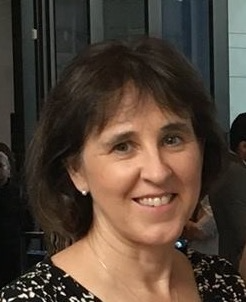 Robyn Evans, BSc MD CCFP FCFP
Robyn Evans, BSc MD CCFP FCFP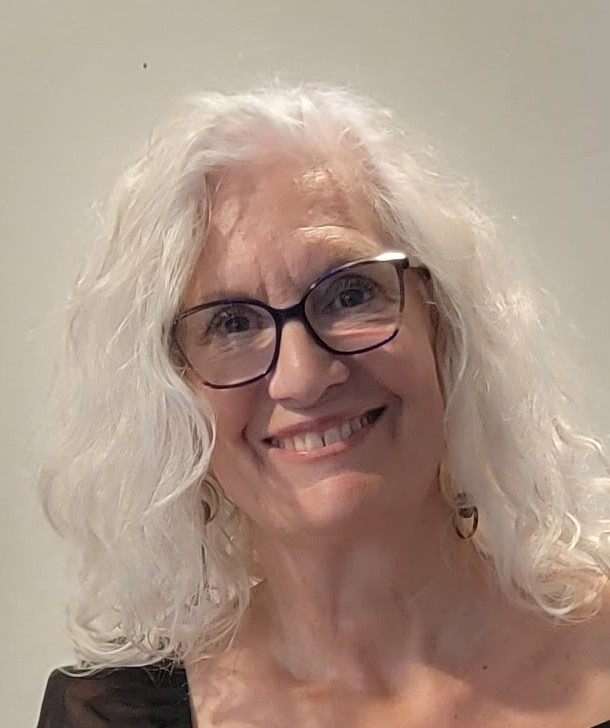 Anne Shantz, RN BScN MClScWH NSWOC
Anne Shantz, RN BScN MClScWH NSWOC Erin Pichora, BSc BEd MSc
Erin Pichora, BSc BEd MSc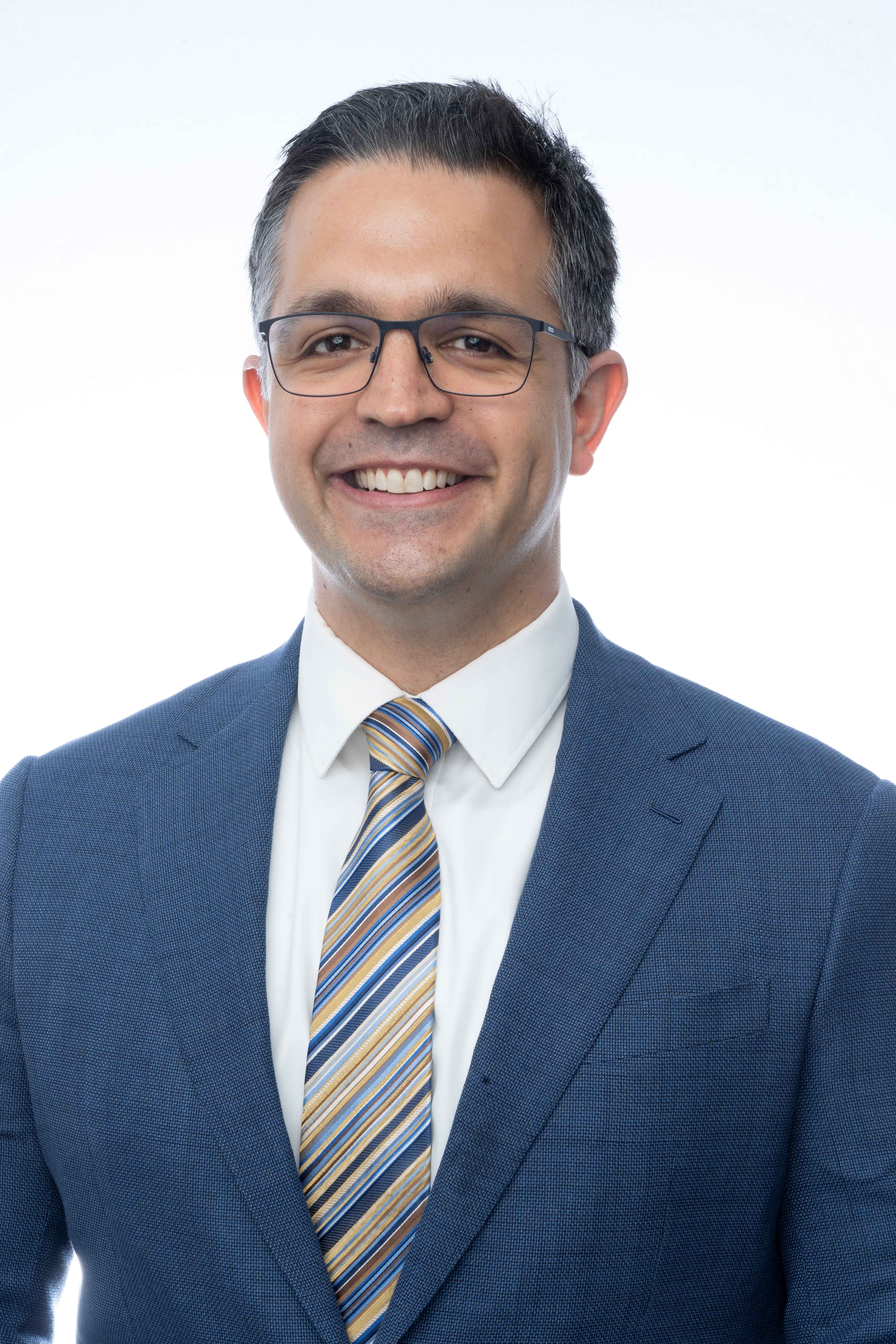 Moderator: Ahmed Kayssi, MD MSc MPH CWSP FRCSC FACS
Moderator: Ahmed Kayssi, MD MSc MPH CWSP FRCSC FACSLearning Objectives I At the end of this session, participants will be able to:
 October 18, 2024 09:55
October 18, 2024 09:55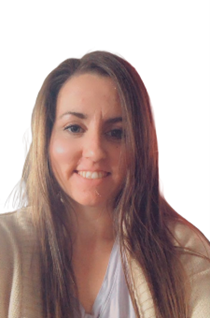 Sarah Gurney, RN NSWOC
Sarah Gurney, RN NSWOC Nasser Khalil, MD MSc MBA PMP
Nasser Khalil, MD MSc MBA PMP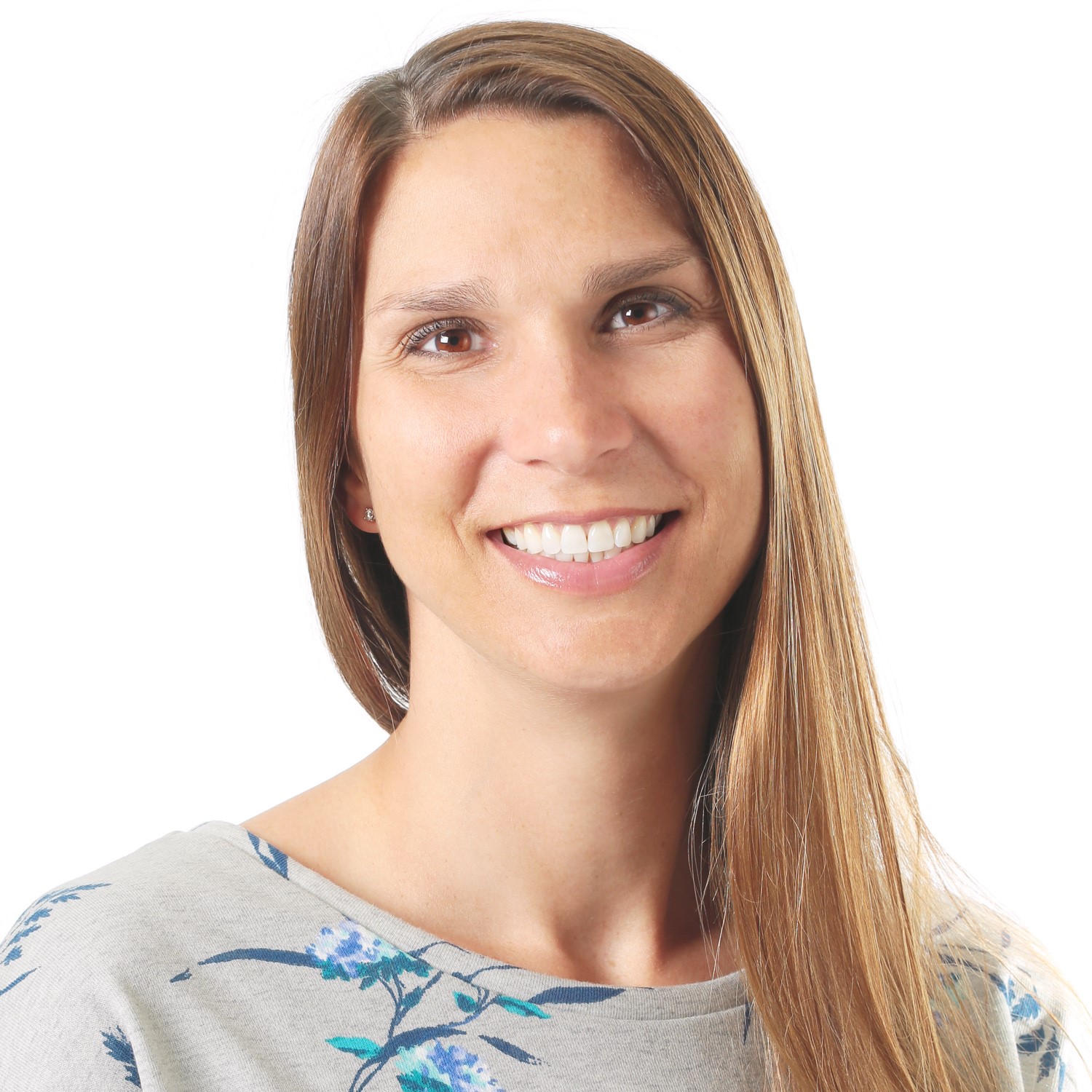 Moderator: Lyndsay Orr, PT PhD
Moderator: Lyndsay Orr, PT PhDLearning Objectives I At the end of this session, participants will be able to:
 October 18, 2024 11:40
October 18, 2024 11:40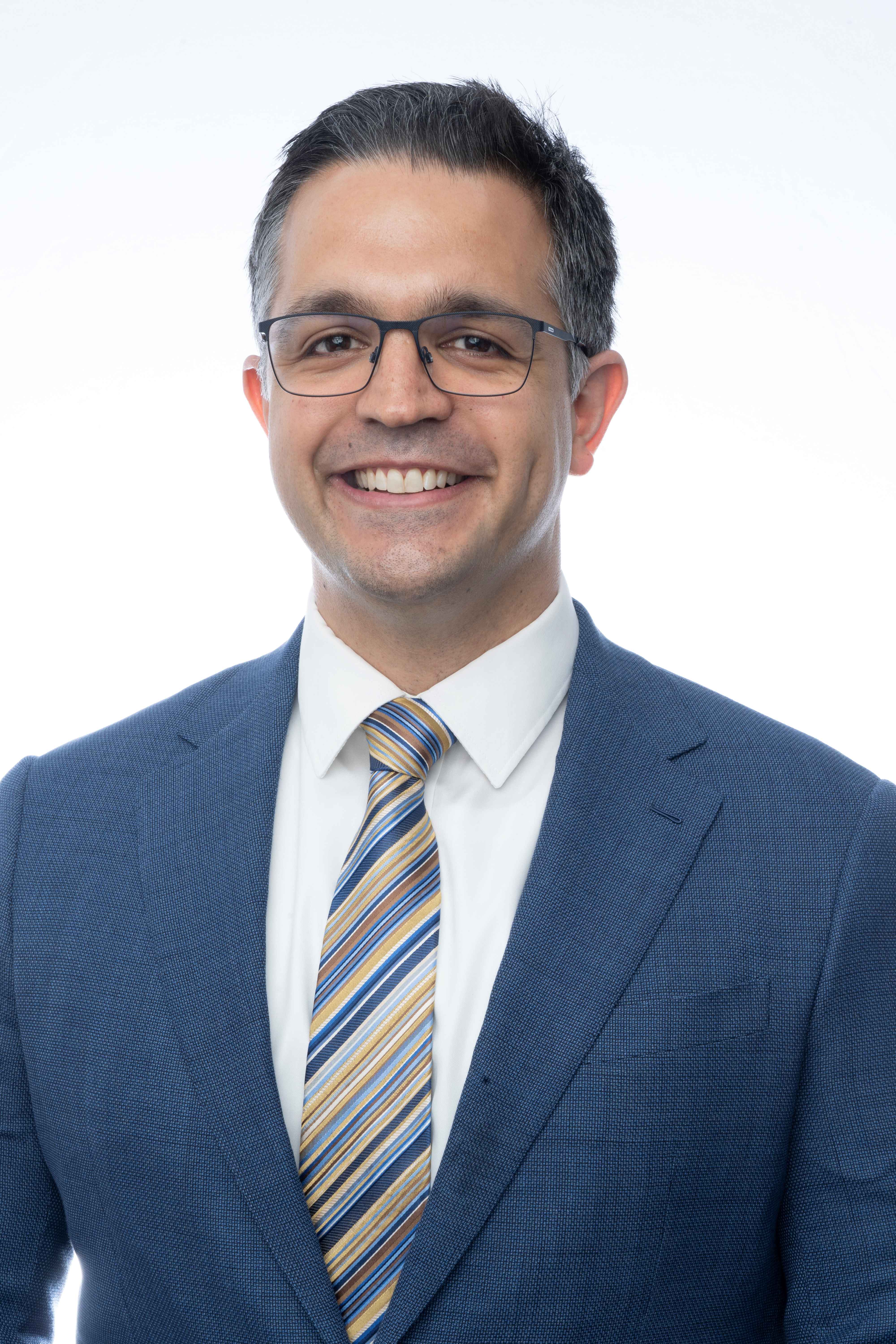 Ahmed Kayssi, MD MSc MPH CWSP FRCSC FACS
Ahmed Kayssi, MD MSc MPH CWSP FRCSC FACS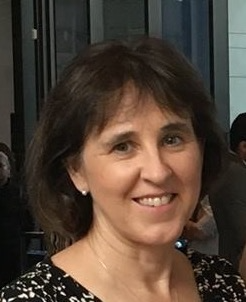 Moderator: Robyn Evans BSc MD CCFP FCFP
Moderator: Robyn Evans BSc MD CCFP FCFPLearning Objectives I At the end of this session participants will be able to:
● Define how access to and use of diagnostics are impacting PAD assessment and management in both rural and urban settings
● Describe the pros and cons of using various types of diagnostics to best assess for PAD
● Relate how the application of diagnostics ensures best practice in the assessment and management of PAD
● Propose policy considerations related to equitable access to diagnostics in rural and urban settings
 October 18, 2024 15:35
October 18, 2024 15:35 Amanda Mayo, MD, MHSc, FRCPC, BSc
Amanda Mayo, MD, MHSc, FRCPC, BSc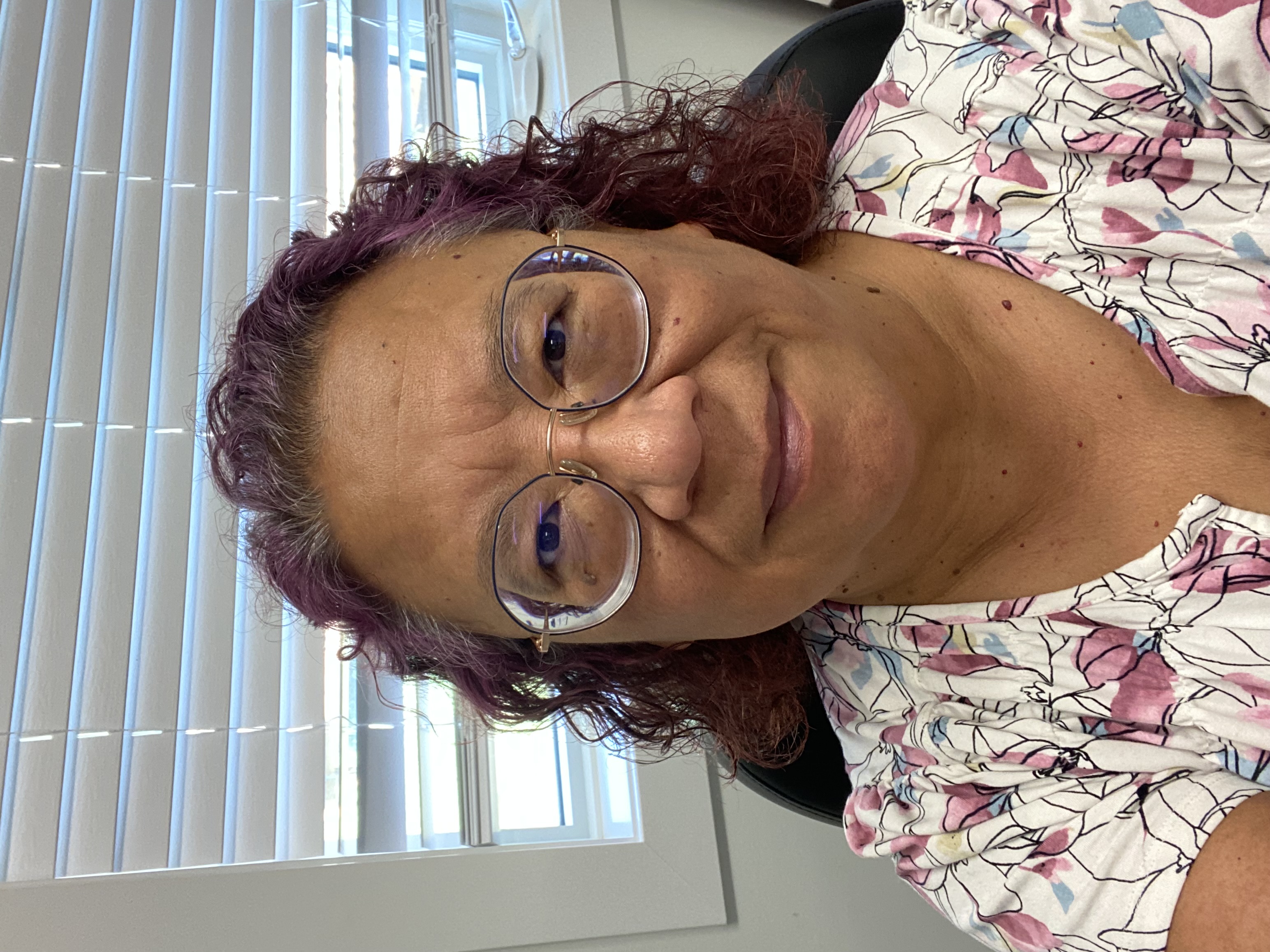 Moderator: Holly Calliou, RN BScN
Moderator: Holly Calliou, RN BScNLearning Objectives I At the end of this session, participants will be able to:
● Identify key milestones in the patient journey from identification of risk factors for a DFU to minor amputation and living with an orthotic device using a case study approach
● Demonstrate how client-centered care including communication and education are critical in DFU prevention and management
● Recognize risk factors for a DFU and related patient teaching interventions
● Review prevention and early intervention best practices related to DFU
● Describe post-operative care and management for persons experiencing a DFU minor amputation
● Discuss the impact of patient education on success in living with an orthotic device and prevention of future amputations
 October 18, 2024 13:45
October 18, 2024 13:45 Zulfiqarali G. Abbas M Med, FRCP (London & Glasgow)
Zulfiqarali G. Abbas M Med, FRCP (London & Glasgow)Learning Objectives I At the end of this session participants will be able to:
● Recognize key additions to the DF Infection Management 2023 Guideline
● Demonstrate knowledge of key best practice recommendations
● Discuss approaches to osteomyelitis management as outlined in the DF Infection Management 2023 Guideline
 October 18, 2024 16:30
October 18, 2024 16:30 Zulfiqarali G. Abbas, MD
Zulfiqarali G. Abbas, MD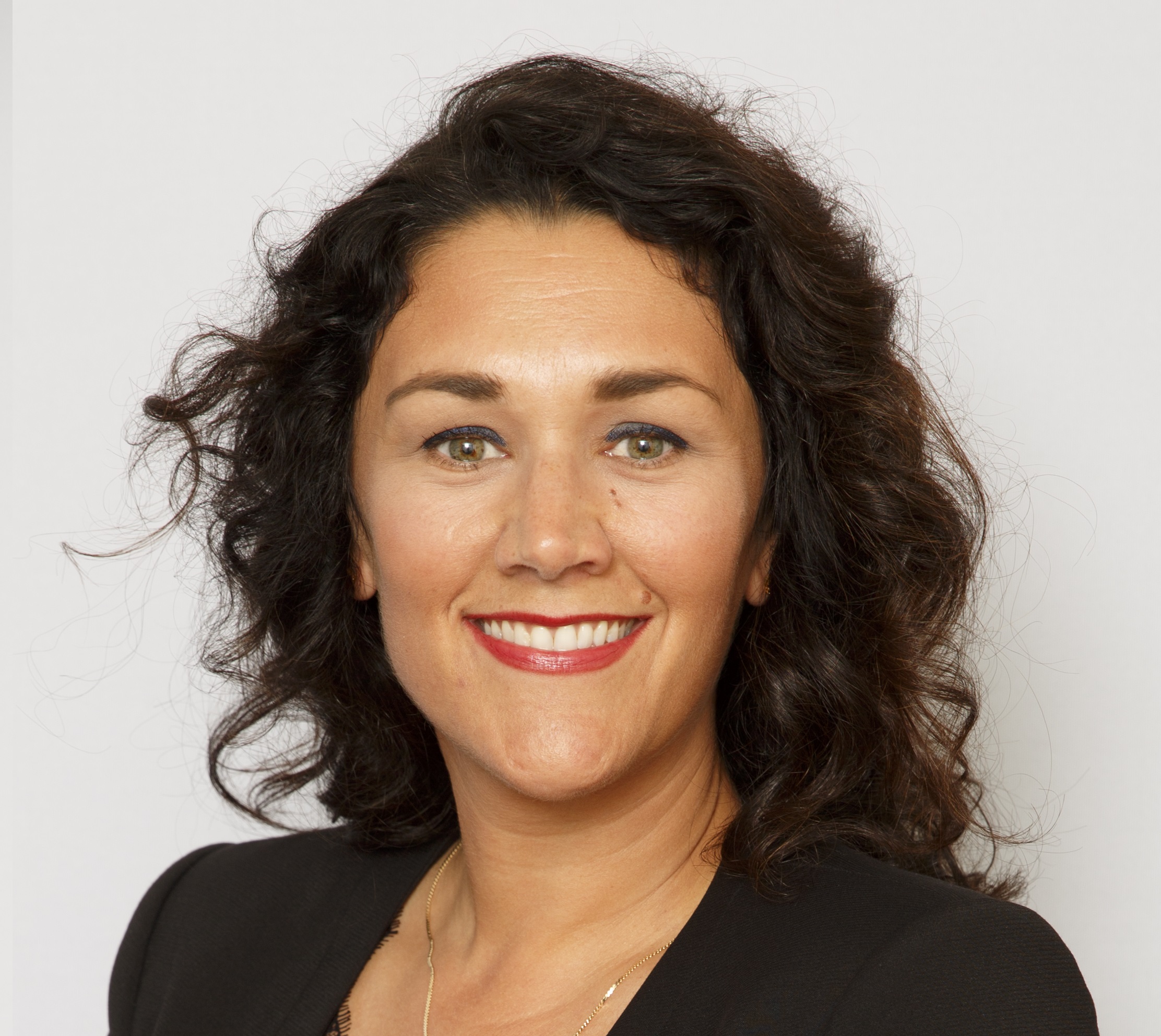 Karen Cross, MD PhD FRCSC
Karen Cross, MD PhD FRCSC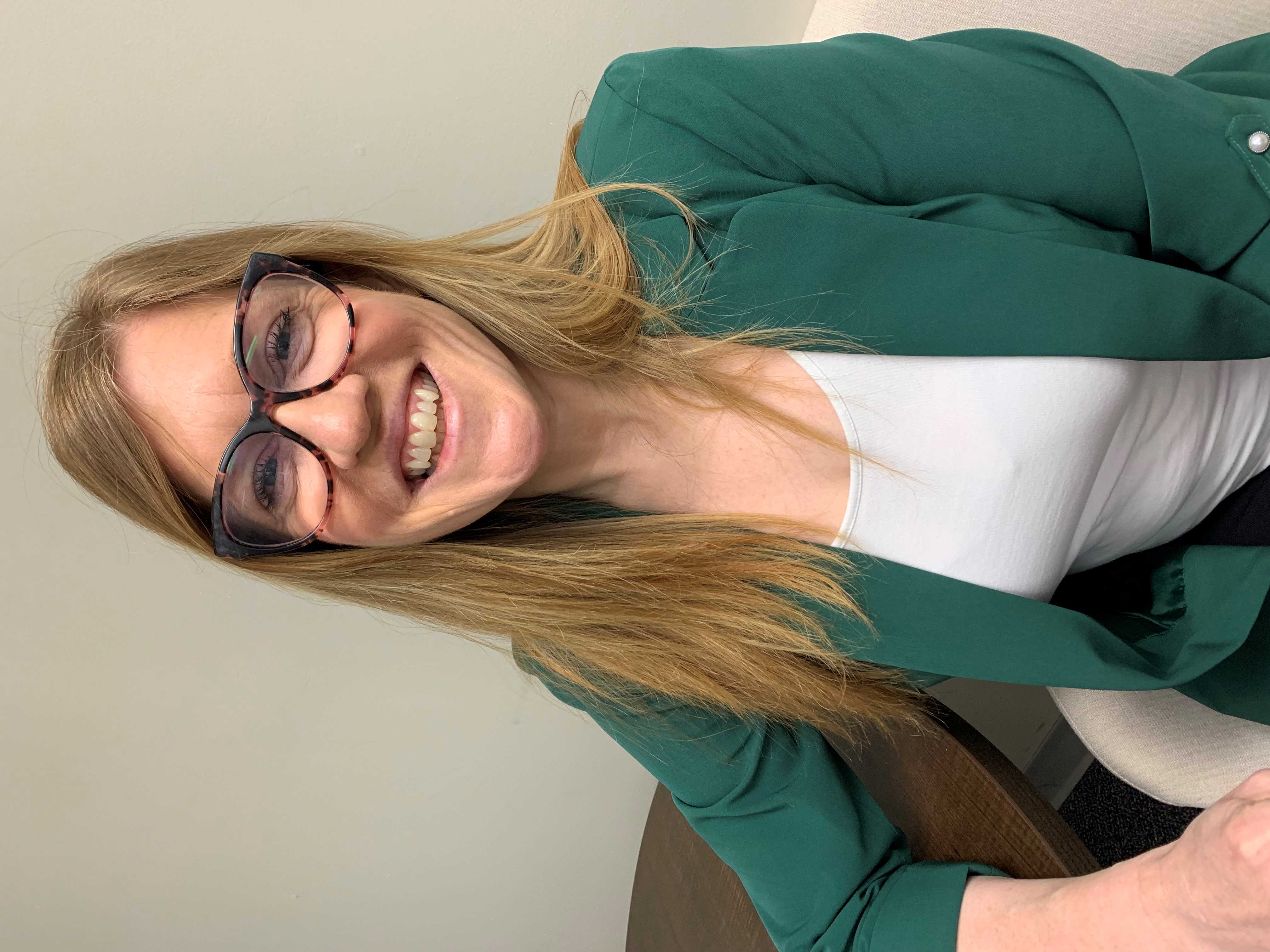 Allison Luther, OT
Allison Luther, OT Mayuri Mahendran, MSc Epidemiology and Biostatistics
Mayuri Mahendran, MSc Epidemiology and Biostatistics Amanda Mayo, MD, MHSc, FRCPC, BSc
Amanda Mayo, MD, MHSc, FRCPC, BSc Cathy Slevin OT Reg. (Ont) MHA
Cathy Slevin OT Reg. (Ont) MHA Kevin Woo, PhD, RN, NSWOC WOCC(C)
Kevin Woo, PhD, RN, NSWOC WOCC(C)Learning Objectives I At the end of this session, participants will be able to:
● Integrate critical concepts discussed from national and local perspectives to better understand how to advance skin health and wound care excellence in relation to DFU and PI
● Debate key perspectives with a view to mobilizing individual and team changes in adopting and sustaining best practices for persons at risk of or experiencing DFU and PI
● Summarize learnings from the day illustrating knowledge to action related to practice and policy
 October 19, 2024 08:40
October 19, 2024 08:40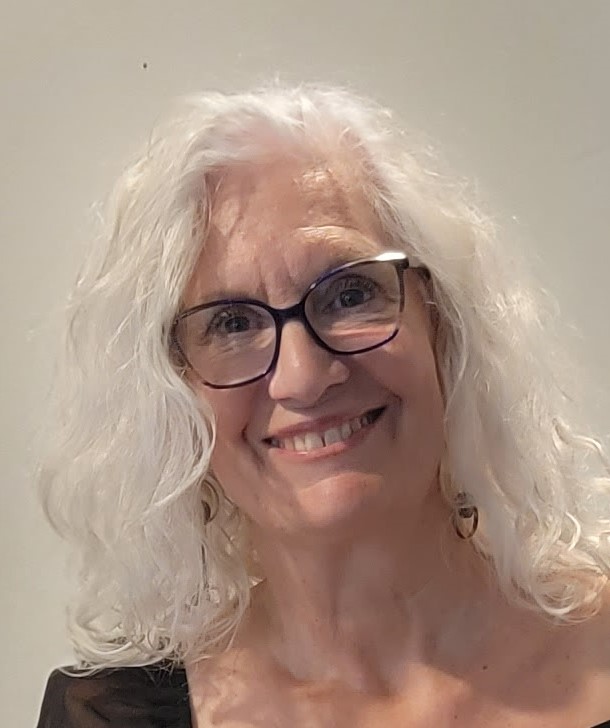 Anne Shantz, RN BScN MClScWH NSWOC
Anne Shantz, RN BScN MClScWH NSWOC Moderator: Jane McSwiggan, MSc OT Reg. (MB) IIWCC
Moderator: Jane McSwiggan, MSc OT Reg. (MB) IIWCC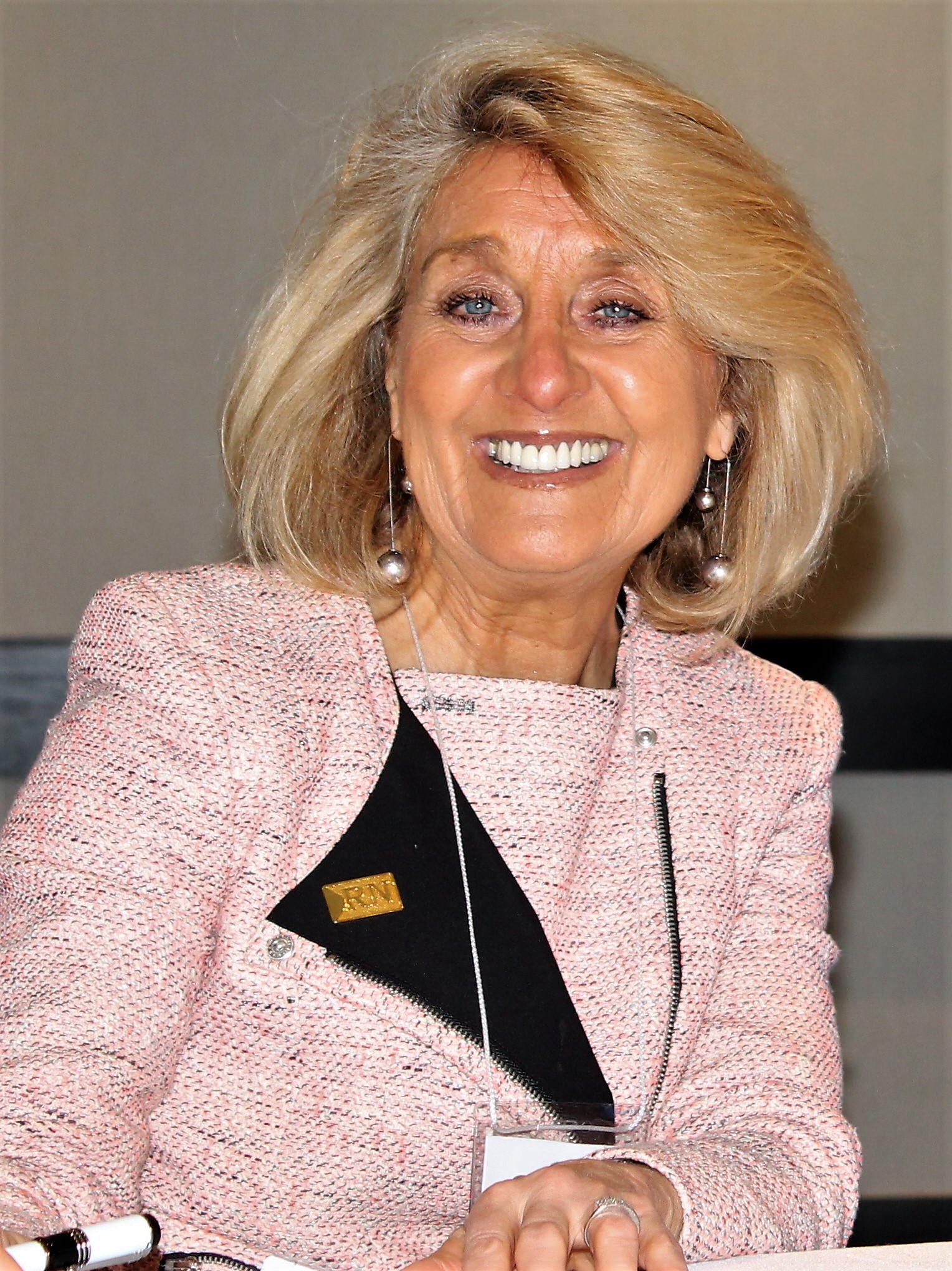 Irmajean Bajnok, RN BScN MScN PhD
Irmajean Bajnok, RN BScN MScN PhD Nelea Lungu, RN, M.Sc, MBA Executive Vice President, Health Standards Organization & Accreditation Canada
Nelea Lungu, RN, M.Sc, MBA Executive Vice President, Health Standards Organization & Accreditation CanadaLearning Objectives I At the end of this session, participants will be able to:
 October 19, 2024 09:55
October 19, 2024 09:55 Rebecca Dyck, RN BScN MClSc-WH
Rebecca Dyck, RN BScN MClSc-WH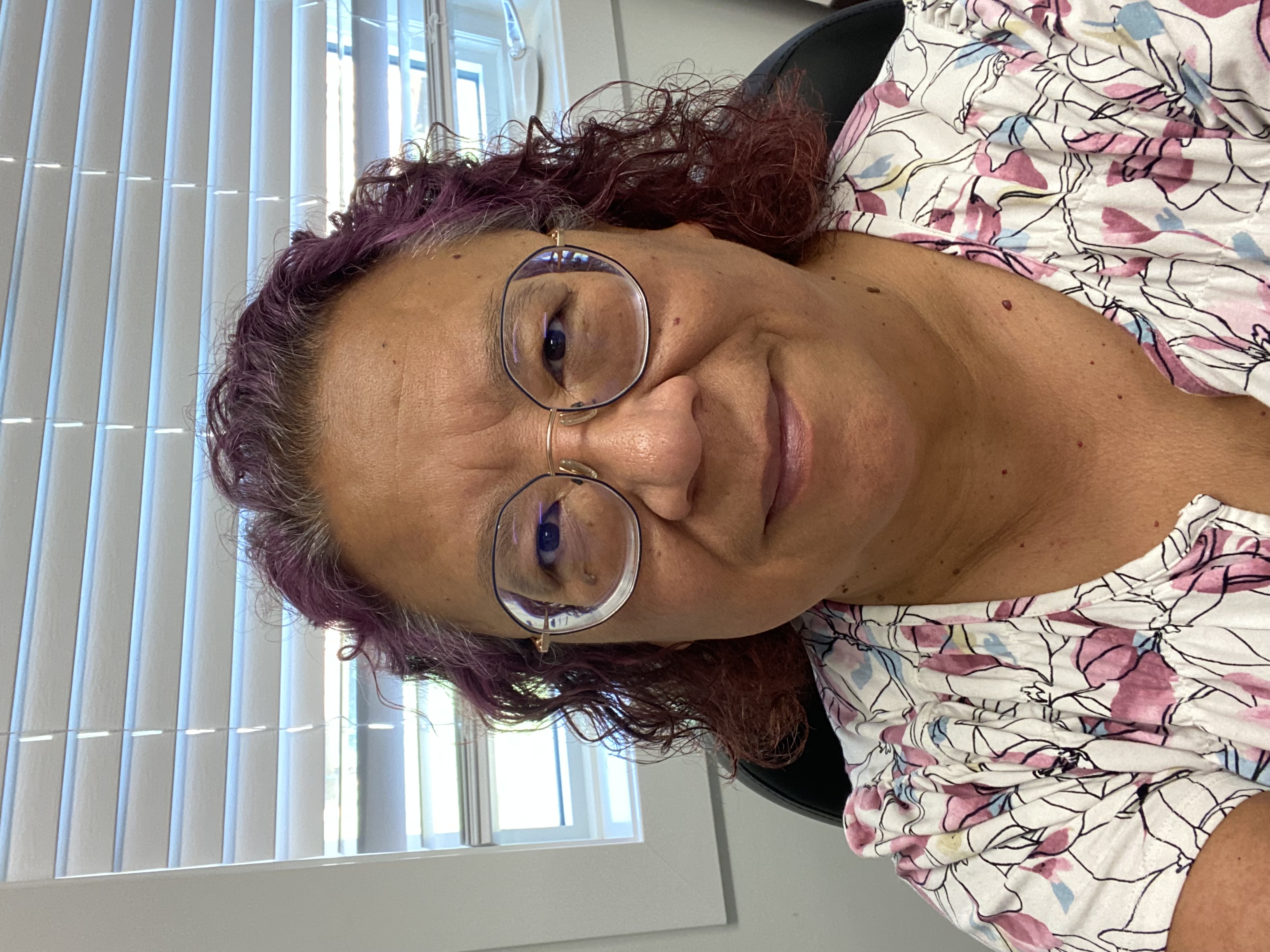 Moderator: Holly Calliou, RN BS
Moderator: Holly Calliou, RN BSLearning Objectives I At the end of this session, participants will be able to:
● Indicate extrinsic factors including social determinants of health across health care sectors and their relationship to pressure injuries across populations
● Review key intrinsic factors that impact pressure injuries across patient populations
● Recognize how skin tone can affect assessment of pressure injuries
● Describe how best to assess for PIs for patients with different skin tone colors
 October 19, 2024 10:50
October 19, 2024 10:50 Linda Norton, M.Sc.CH PhD OT Reg.(ONT)
Linda Norton, M.Sc.CH PhD OT Reg.(ONT)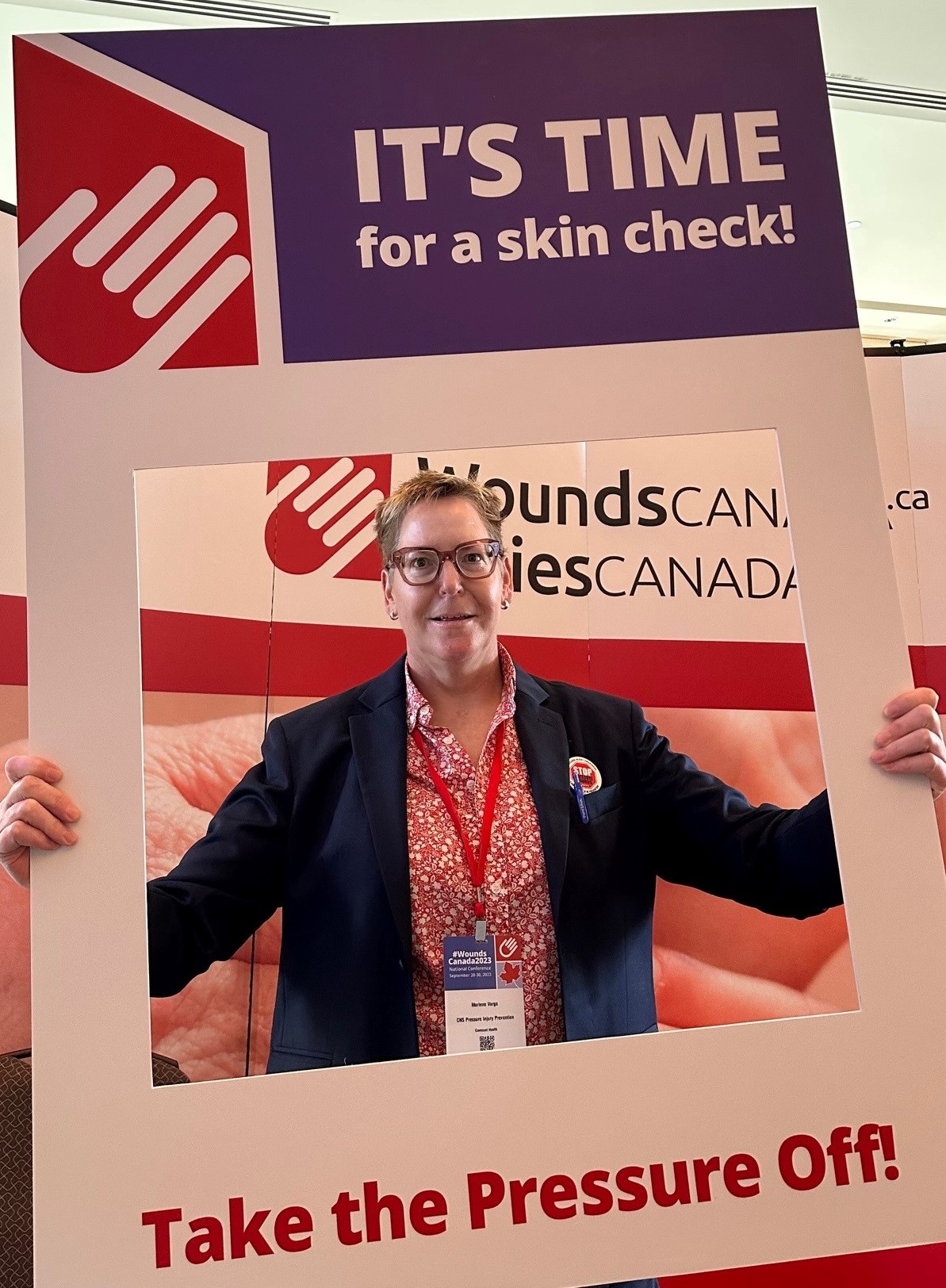 Marlene Varga, RN BScN MSc IIWCC
Marlene Varga, RN BScN MSc IIWCC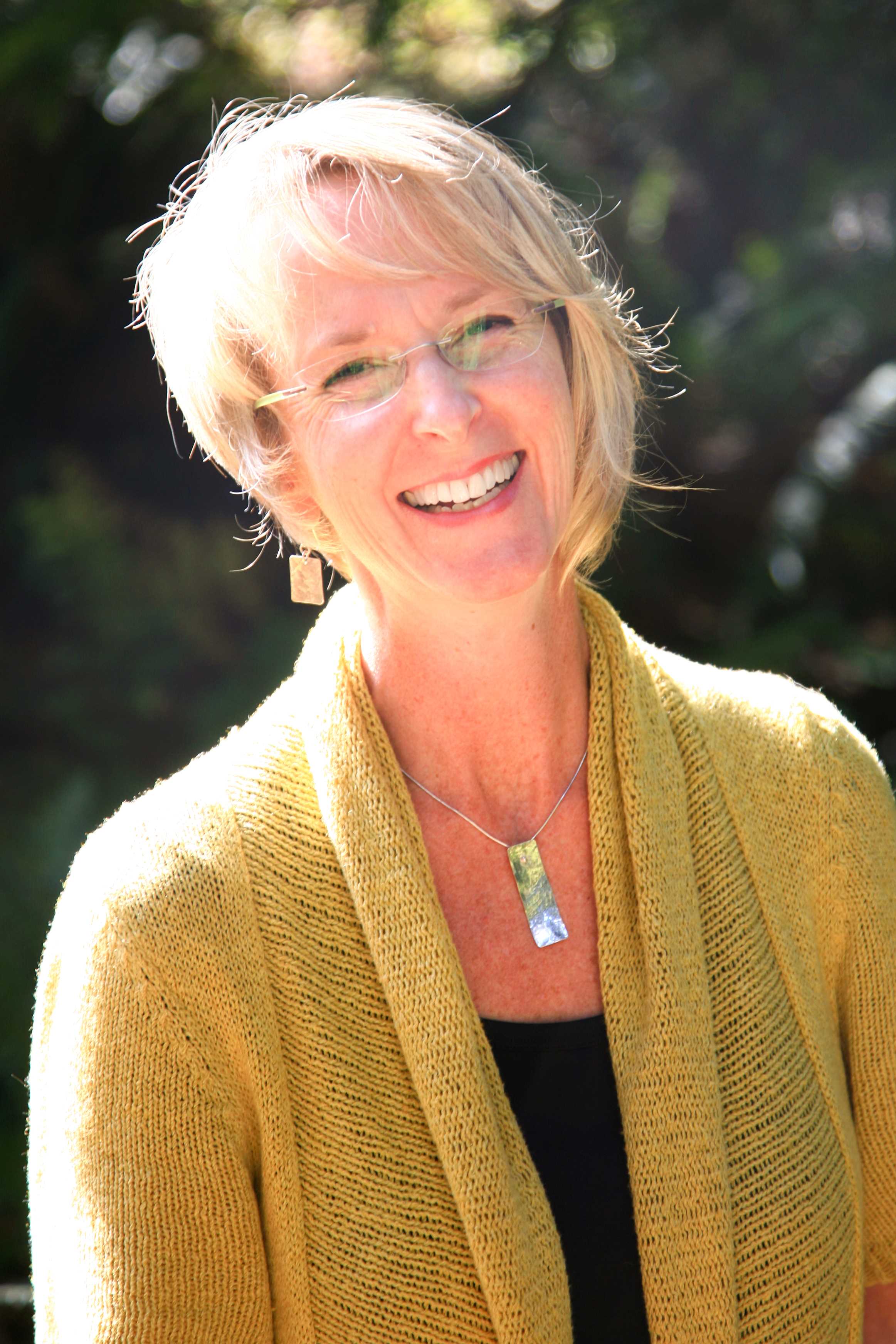 Moderator: Ellen Mackay, MSc RD CDE
Moderator: Ellen Mackay, MSc RD CDELearning Objectives I At the end of this session, participants will be able to:
• Review the pathophysiology of pressure injuries (PI’s) and its implications for prevention and treatment
• Define PI’s and distinguish different types and stages
• Outline treatment of PI’s focused on early intervention
• Recognize best practices in PI prevention and how to engage patients and their caregivers
 October 19, 2024 14:25
October 19, 2024 14:25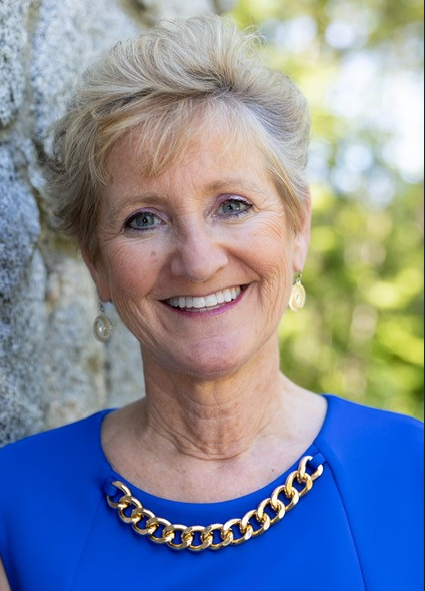 Rosemary Hill, BSN CWOCN NSWOC WOCC(C)
Rosemary Hill, BSN CWOCN NSWOC WOCC(C) Linda Norton, M.Sc.CH PhD OT Reg.(ONT)
Linda Norton, M.Sc.CH PhD OT Reg.(ONT)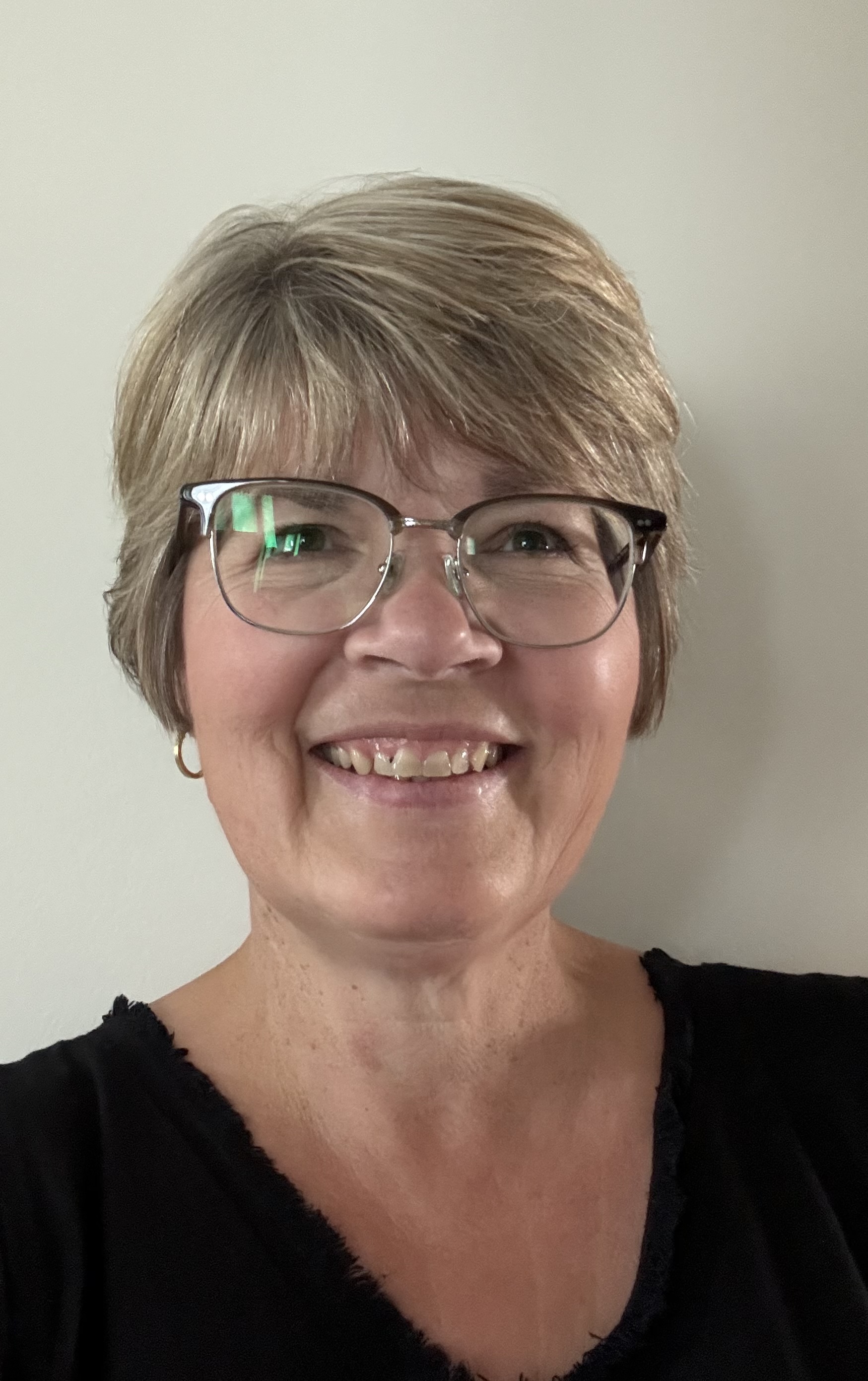 Michele Labbie, RN MN NP
Michele Labbie, RN MN NPLearning Objectives I At the end of this session participants will be able to:
● Summarize the components of a case management approach in the care of persons with PIs
● Identify indicators for a case management approach in caring for patients with PI
● Compare roles of members of the interprofessional care team in using a case management approach in care of persons with PI
● Describe how best to ensure continuity of patient-centered care in treatment of a hard-to-health PI across health care sectors
● Apply an understanding of the case management approach in reviewing various case studies related to patients with hard to heal wounds
Click on the circles to register for Additional Activities
Join Us for Our Amazing Social Event
In addition to an incredible scientific program, Wounds Canada is hosting a fun in-person networking event with a trivia game and silent auction on Friday, October 18 at 8:30 pm EDT. Tickets will be available soon!
If you wish to donate a silent auction prize, please don’t hesitate to contact us at info@woundscanada.ca
See you there!
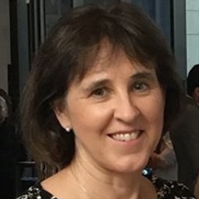
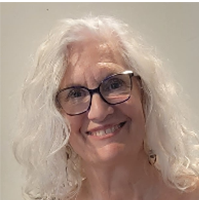

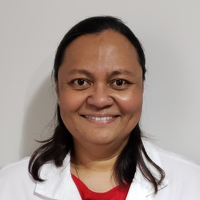



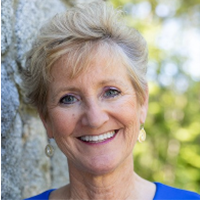

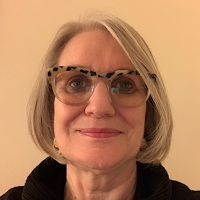


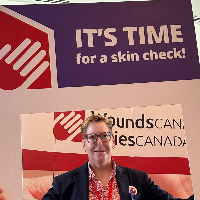
This is your opportunity to engage in discussions, participate in educational sessions, and stay current with the latest information in wound prevention and management. Network with your colleagues and meet with new peers who are passionage about wound care!
WHO ATTENDS
* Accreditation
CERT+ID #203426-001
College of Family Physicians of Canada Mainpro+® - Group Learning (One-credit-per-hour)
This one-credit-per-hour Group Learning program meets the certification criteria of the College of Family Physicians of Canada and has been certified by Continuing Professional Development, Temerty Faculty of Medicine, University of Toronto for up to 22.5 Mainpro+® credits.
Royal College of Physicians and Surgeons of Canada – Section 1
This event is an Accredited Group Learning Activity (Section 1) as defined by the Maintenance of Certification Program of the Royal College of Physicians and Surgeons of Canada, and approved by Continuing Professional Development, Temerty Faculty of Medicine, University of Toronto. You may claim up to a maximum of 22.5 hours (credits are automatically calculated).
American Medical Association - AMA PRA Category 1 Credit™
Through an agreement between the Royal College of Physicians and Surgeons of Canada and the American Medical Association, physicians may convert Royal College MOC credits to AMA PRA Category 1 Credits™. For more information on the process to convert Royal College MOC credit to AMA credits please see: https://www.ama-assn.org/education/earn-credit-participation-international-activities
European Union for Medical Specialists (UEMS)
Live educational activities recognized by the Royal College of Physicians and Surgeons of Canada as Accredited Group Learning Activities (Section 1) are deemed by the European Union of Medical Specialists (UEMS) eligible for ECMEC®.
Each participant should claim only those hours of credit that he/she spent participating in the educational program.
DISCLAIMER: As a participant to this virtual conference, you acknowledge and agree that Wounds Canada does not endorse the information, products or services shared by presenters and sponsors. Health-care recommendations are strictly for discussion purposes and individuals should seek consultation with their respective health-care professionals. Wounds Canada has the right to make changes to the agenda, presenters, and schedules without further notice.
Conference Testimonials
Loved the conference I’m looking forward to the next one. All Wounds Canada members went out of their way to answer my questions. Enjoyed meeting so many people that share my love of wound care from all over the world!!
I really enjoyed the interactive sessions. The polling questions and cases with wounds and what healed them/didn’t and why were very helpful.
Great in person conference. So nice to meet fellow attendees and presenters and visit the exhibit hall. Food was superb. Presenters were well-prepared, informative and approachable. Length of presentations great. Thank you for a great job well done. Look forward to the London conference next year!!
I had a wonderful and useful time during all 3 days, I cannot specify one! It was my first conference and it blew my mind.
I was happy that the virtual option is still available for those who are unable to attend inperson. I found the presentations with case studies especially helpful.
Great education and great conference. I look forward to attending the programs from Wounds Canada.